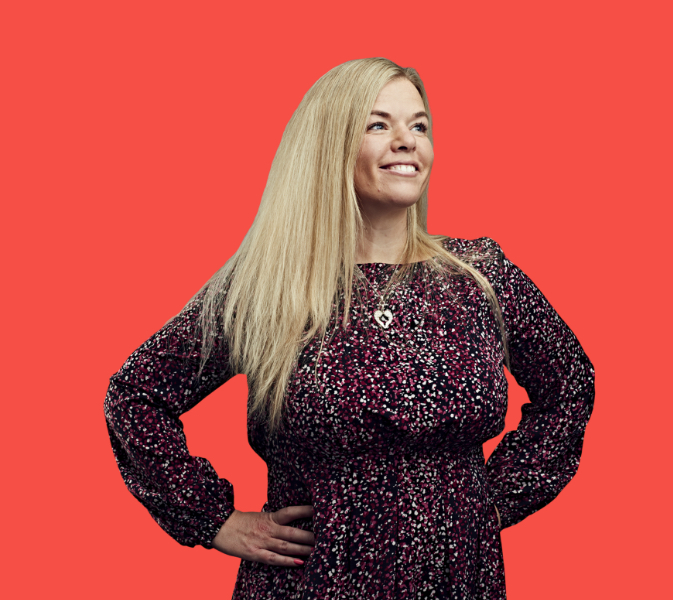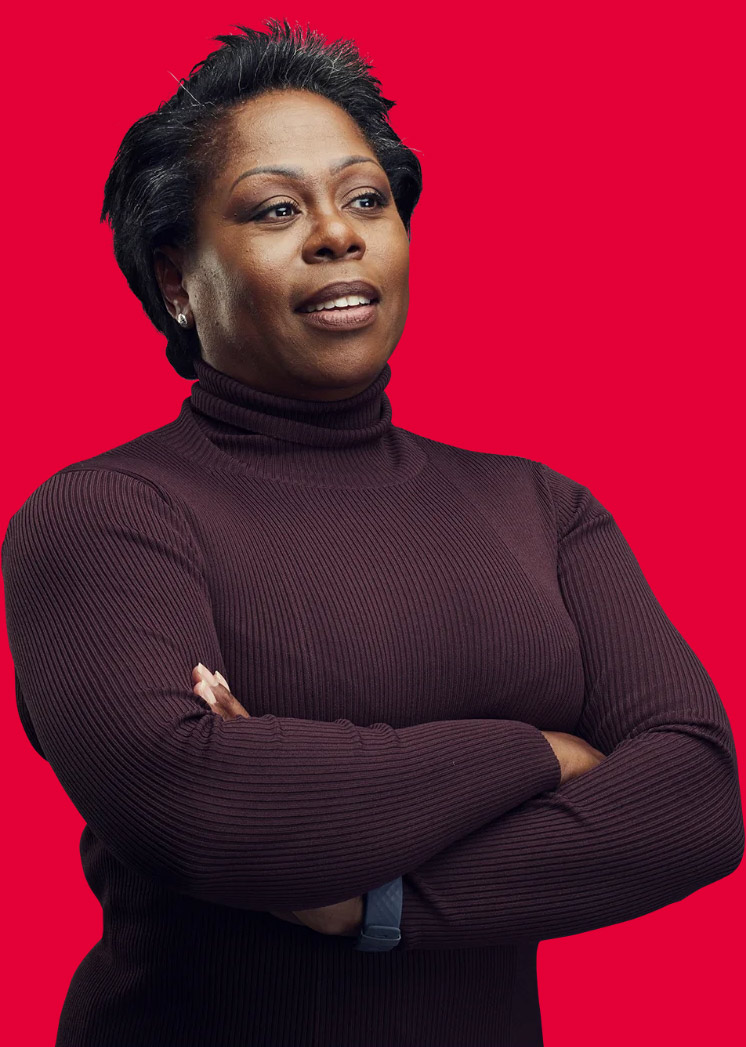Our Working Styles
We know from the way our staff responded to the Covid-19 pandemic that we don’t need to work the way we did before to deliver great services for our residents, and we’re working hard to create a great ‘new normal’.
That is why we have embarked on a very ambitious programme to redefine our new normal, identifying what ways of working we want to put in place, and using what we have learned during the pandemic to define our new hybrid working model.
In September 2021, we introduced our new hybrid ‘Ways of Working’ programme, which is about making working at ECC better for everyone.
We’re focusing on:
- developing new hybrid workstyles to support a more flexible way of working, where possible.
- modernising our workspaces, so that when you do come into the office, they are more comfortable to work in.
- how we use and embrace new technology to better connect our people and those they work with, including meeting rooms where the technology supports different workstyles.
- reducing how much energy we use and driving down our carbon footprint.
- keeping the health, safety and wellbeing of our people a priority.
- supporting managers as they adopt hybrid working for themselves and their teams.
What are our hybrid working styles?
There are four clearly defined work styles, and your workstyle is determined by your job role.
We will also work with you to find out about personalising your work style so that you can make the most of hybrid working with us.
Our four workstyles:
Anywhere Worker
As an anywhere worker, you may be able to work from home or remotely most of the time, for certain tasks or limited days or hours. This will depend on your role’s responsibilities and your personal circumstances.
Fixed-base Worker
As a fixed-base worker, you would work from specific locations. This could be because you use specialist equipment or because you work with the public from a fixed location. You may work from more than one fixed location and you would usually have a dedicated workspace or team area.
Children & Families and Education are structured on a quadrant basis with some Countywide teams; your work is quadrant specific. Some colleagues have been categorised as fixed base within C&F and Education; these colleagues are not necessarily expected to be in a fixed location the whole time, but if they are carrying out work at an ECC location then this is expected to be within their allocated quadrant as presence with the team is critical to the service, hence the categorisation as fixed base rather than anywhere workers.
Community-based Worker
As a community-based worker, you would spend most of your time working in the wider community. Your role may involve client meetings, visits, project work and reports. You’ll mainly be working where the service users are, not where the ‘office’ is, but you will have an admin base for when you need it.
The majority of our frontline teams are community based as they are working with children, families and partners in the community; these workers will have access to office bases as part of their work.
Operational field-based Worker
As an operational field-based worker, you would work outside your home or an office and rarely perform computer based tasks. Where you work will depend on your role’s requirements. Your role may involve regular ‘in person’ contact with colleagues and service users.
Ways of working
Watch this video to find out more about our working styles:
We hope that our new hybrid approach will make for a healthier, greener, and more agile working environment that not only ensures excellent service but also provides the best working environment for our colleagues.


